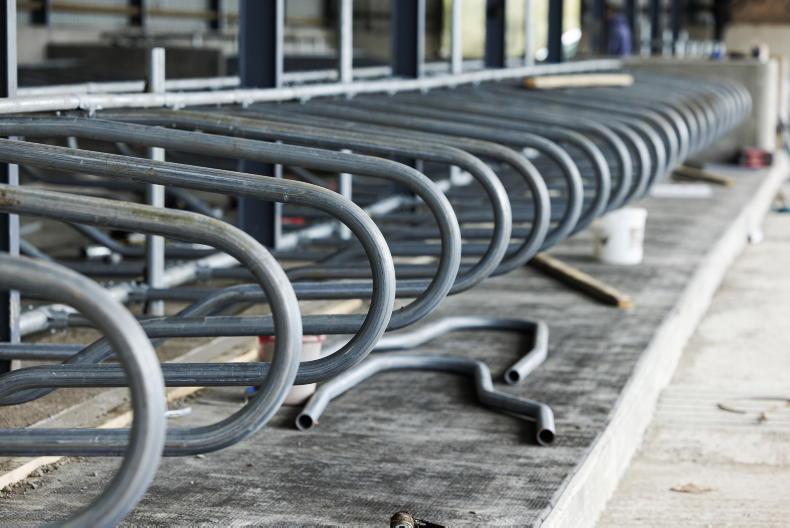Agriculture and agribusiness have been the shining lights in Ireland over the last number of years. The ambitious targets for food exports set by Harvest 2020 and Harvest vision 2025 have been met and in many cases exceeded. However, agribusiness is capital intensive and there is a constant demand from the producers for new stock, upgrading buildings and from the processors to upgrade and improve processing facilities post-quota.
Over the last 18 months in the run-up to the abolition of quotas, the need for financing to pay for proposed expansion became a common theme.
Farmers are embracing flexible and infinitive systems within farming, whether by way of long leasing, partnership or shared farming. They often feel that the traditional form to finance does not provide the same flexibility. There are now a range of options being developed, or existing options that are being focused on agriculture, that allow this flexibility.
Security
Finance leasing packages are now prepared to consider livestock, parlours and machinery as security rather than the giving of land for security.
Private equity funding is now looking beyond the traditional forestry fund to the broader agribusiness sector.
Whether through financial instruments or the newly established Irish Strategic Investment Fund (ISIF) funding, more options are being developed.
None of this is to ignore the role of the pillar banks who will continue to provide the majority of the funding
However, when our clients have access to alternative sources of funding, it can help them negotiate better arrangements with the retail banks or may allow them develop their business to the stage where the retail banks become more interested in them. The growing range of finance options provides competition, better rates and flexibility.
Irish agribusiness is expanding and this is clearly not without its challenges. Irish farmers and processors can overcome these challenges by becoming aware of and availing of the alternative finance options that are out there.









SHARING OPTIONS